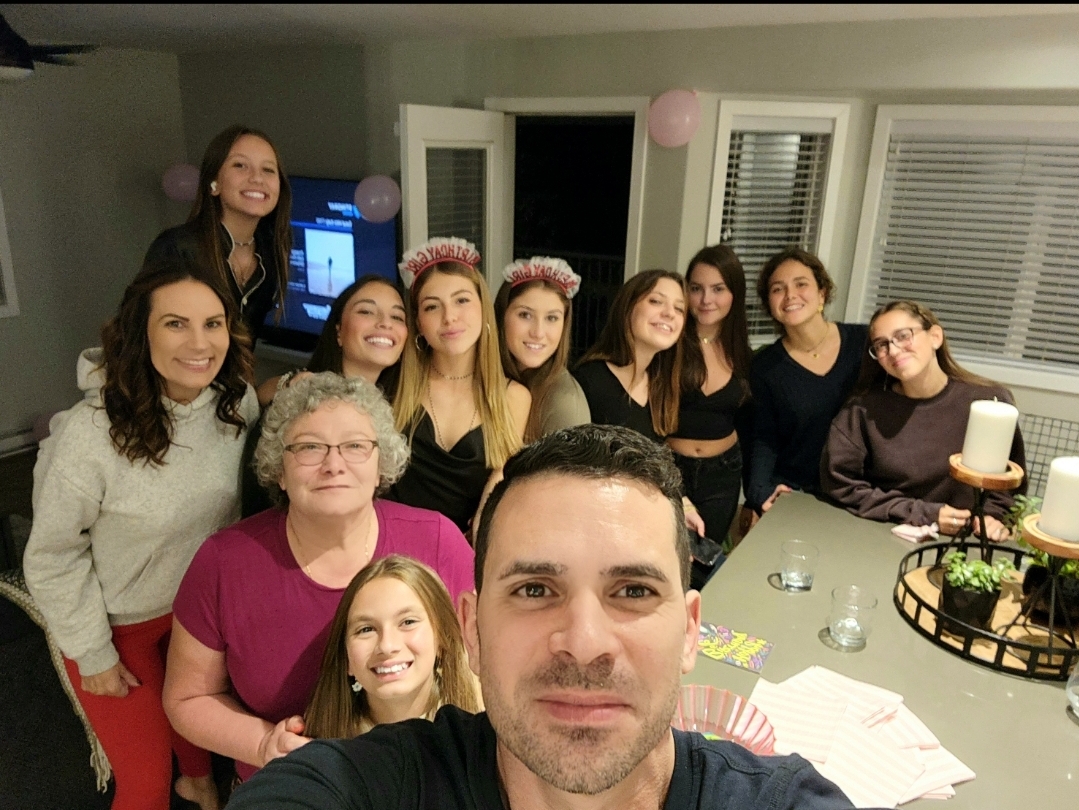Jason Craveiro Victoria BC top realtor market opportunities 2023? Here are a few real estate market opportunities: After narrowing the search to 2 or 3 homes, your agent will do whatever research is necessary to aid you in making your decision. Ultimately, however, it is your decision. Some tools that can help you make that final decision include school reports (if you have or are planning on having children), statistical information from the local chamber of commerce, future zoning or road expansion from local planning offices, etc. Whatever the factors of importance are to you, have your agent help locate that information. Once you have selected a single home to focus on, your agent will conduct a comparative market analysis on that property. This involves determining “fair market value” by looking at what other buyers were willing to pay for properties similar to yours in the same neighborhood or area. Discover more information on Jason Craveiro.

Slate and Marble are a very popular natural stones that are quarried and cut into slabs and tiles for a variety of residential and commercial building applications, including countertops, floors, and wall tiles. Laminate flooring allows you to enjoy a wood-like floor without the actual use of any solid wood in its construction, allowing it to be more environment-friendly. Laminate flooring simulates wood (or sometimes stone) with a photographic applique layer under a clear protective layer.
Location is by far the most important part of buying real estate. You can change condition, you can change price, you can’t change the location of a house. If there is one thing a buyer should never sacrifice on its location. The location of a house will have the largest impact on its price, and potential future appreciation. One analogy we use to demonstrate how important location is this: If you take the least expensive home in the world, and you put it in downtown New York City, it is worth millions. If you start shopping homes for sale in all different locations you’ll never build a proper frame of reference to understand what constitutes a great deal, a good deal, and a lousy deal. You want to become an expert in a certain area so that when it comes time to make an offer, you can do so with conviction and confidence. Read even more info at Jason Craveiro.
Have an Emergency Fund: If you lost your job tomorrow would you have enough money to live off while you look for a new one? If not then you’re not alone. This study found that although Americans are doing a better job at saving, around 24 percent of them (57 million people) don’t have an emergency fund. Now I don’t want to be a negative Nancy or a Debbie downer, but emergencies happen all the time. They may not happen to you, but it’s always good to be prepared. You can’t predict an emergency, but you can prepare for one. The best way to do so is to set up an emergency fund of 3-6 months living expenses. That means if you lost your job tomorrow, you’d be able to live off your emergency fund for 3-6 months while you look for a new one. Net worth can seem like a tricky topic, but it’s quite simple. Your net worth is how much money you are worth. If you were to sell everything you own, then pay off everything you owe, how much money would be left?
Renovating improves the house value says Jason Craveiro : You may be a genius renovator but you could still come a cropper. Every street has an invisible ceiling that dictates how much buyers are prepared to pay, no matter how many tennis courts and basement gyms you add. The quality of fittings needs to be closely geared to the expectations and demands of the market sector the property is likely to appeal to. At one extreme, it would obviously be a false economy to deck out an historic Georgian townhouse in the opulent end of town with cheap MDF joinery and foam ceiling tiles. Conversely ‘the best house in the worst street’ syndrome is a recipe for disappointment. It sounds obvious, but this is a surprisingly common lapse of judgement.
Next up: home price trends. In November 2020, existing home prices grew by a whopping 15% compared to last year—rising to a national median of well over $300,000! This marks more than 100 straight months of year-over-year price gains.4 Sellers, this should put a big smile on your face! And hang tight, buyers—we have some advice for you too. If you’re going to buy a home in this expensive market, you absolutely must find out how much house you can really afford. Commit to staying within that budget amount no matter how much pressure you feel watching competitors pluck good homes off the market.
You probably don’t have the same skill set as Joanna and Chip Gaines, but you might still wind up with a fixer-upper thanks to those inventory constraints. And that’s totally okay. What I’ve learned from buying real estate is that you’ll typically never be content with the upgrades previous owners or developers make, even if they were super expensive and high quality. So why pay extra for it? There’s a good chance you’ll want to make the home yours, with special touches and changes that distance yourself from the previous owner. Don’t be afraid to go down that road, but also know the difference between superficial blemishes and design challenges, and even worse, major problems. Especially this year, watch out for money pits that sellers can finally unload because real estate is just so very hot. Those properties that could never sell may finally find a buyer, and you might not want that buyer to be you.